Interdisciplinary Investigations - Huygens
Interdisciplinary Investigations
The aeronomy of Titan
D. Gautier, Laboratoire d'Etudes Spatiales et d'Instrumentation en Astrophysique (LESIA), Meudon, France
Understanding the complex chemistry of Titan's atmosphere is a key objective of the Cassini mission and especially of the Huygens probe. Another fundamental objective is to determine the atmosphere's origin. The objectives may be reached by an interdisciplinary approach that takes advantages of the synergism possible between the various instruments aboard the Orbiter and the Probe.
Link to the full SP-1177 paper.
Titan surface-atmosphere interactions
J. I. Lunine, Lunar and Planetary Laboratory (LPL), The University of Arizona, Tucson, USA
The major scientific objective of this investigation is to understand the nature of the interaction of Titan's surface and atmosphere on spatial ranges ranging from metres to global, and on timescales ranging from seasonal to geological. On the shorter climatological timescales, the investigation will lead to an understanding of Titan's global climate system that will permit substantial use of global climate models for comparison with terrestrial, Martian and venusian surface-atmosphere system interactions. It will also permit a robust assesment of the stability of Titan's atmosphere against perturbations in surface composition induced by long-term changes in putative liquid reservoirs (surface and subsurface) of hydrocarbons and nitrogen, sudden outgassing of methane and other volatiles, and of the effects of impacts of volatile-laden comets. For the longest timescales, this new understanding of the surface-atmosphere coupling will be used to constrin issues associated with the origin of Titan and how Titan evolved to its present state.
Link to the full SP-1177 paper.
Titan's organic chemistry and exobiology
F. Raulin, Laboratoire Interuniversitaire des Systemes Atmospheriques (LISA), Creteil, France
With a dense N2-CH4 atmosphere rich in organics and the possible presence of hydrocarbons oceans on its surface, Titan appears to be a natural laboratory in which to study chemical evolution towards complex organic systems in a planetary environment over a long time scale. The Cassini-Huygens mission offers a unique opportunity to study extraterrestrial organic processes in details; consequently, this mission has important implications for exobiology and the origins of Life on Earth.
Link to the full SP-1177 paper.
- Removed a total of (9) align=left.
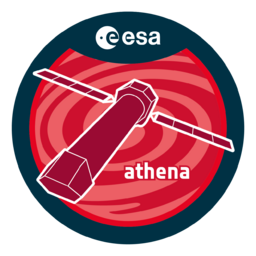
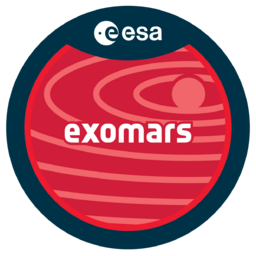
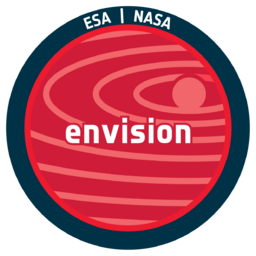
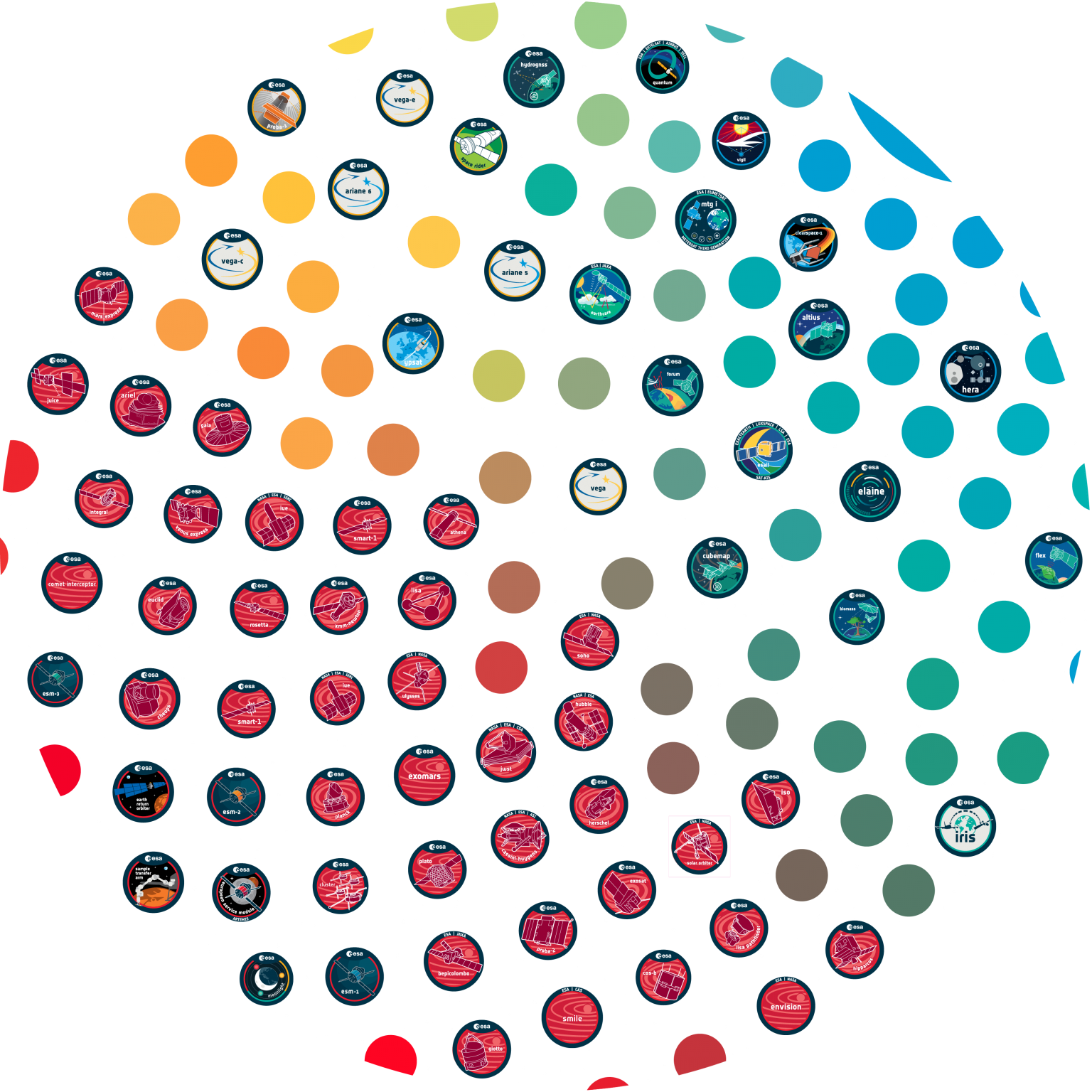
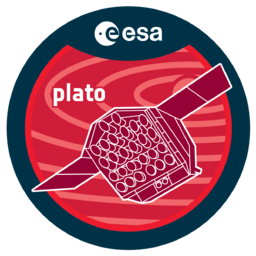
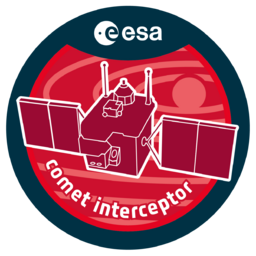

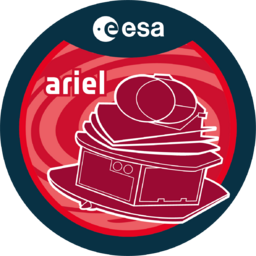
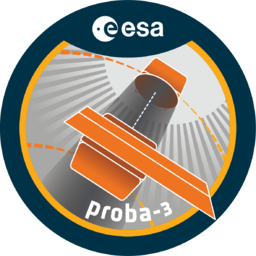
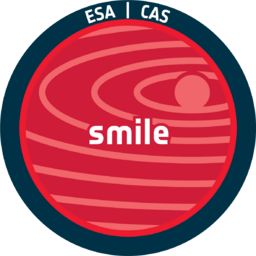
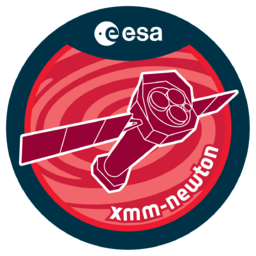
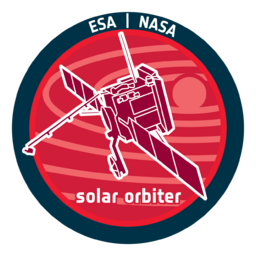
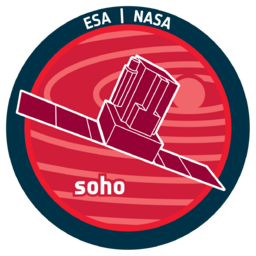

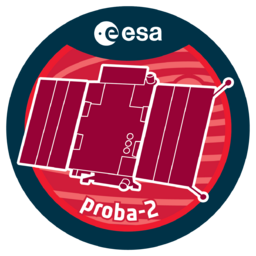
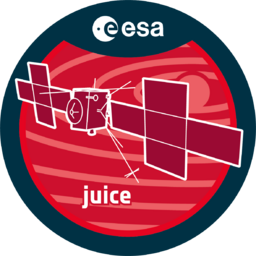
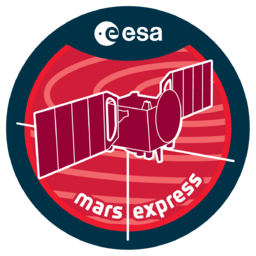
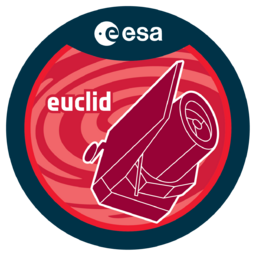
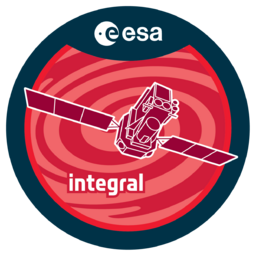
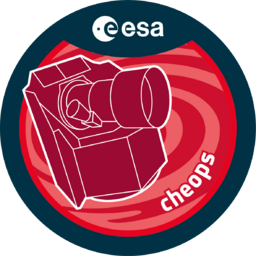
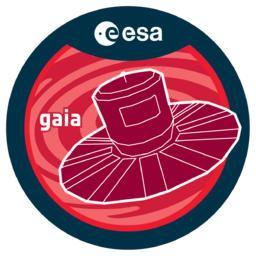
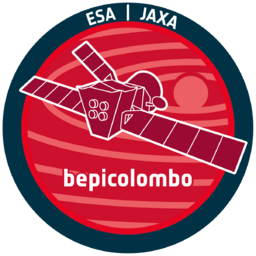
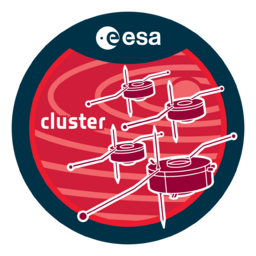
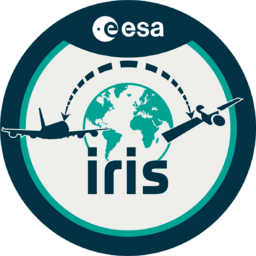
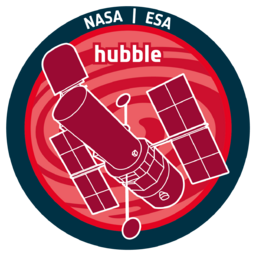
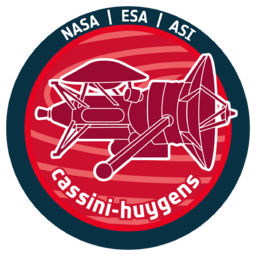
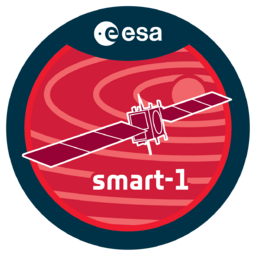
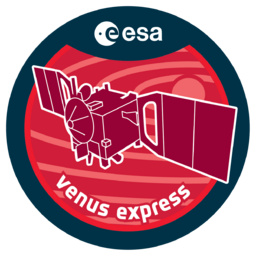
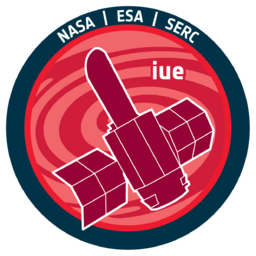
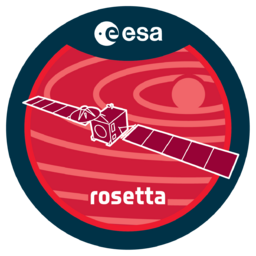
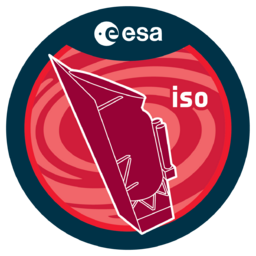

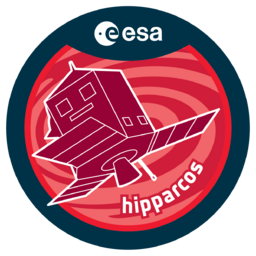
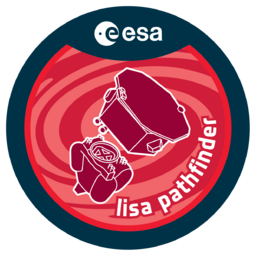
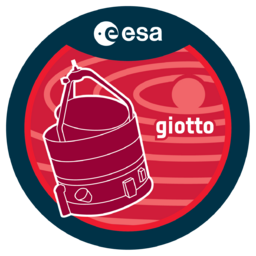
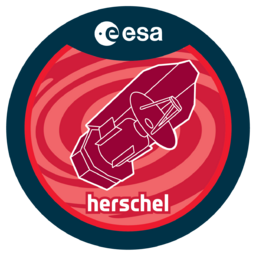
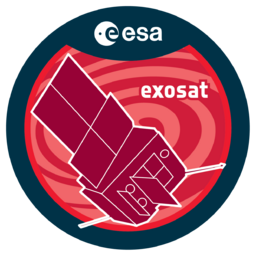
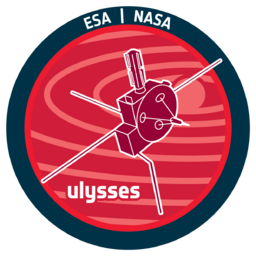
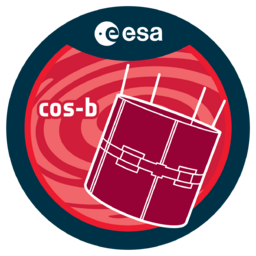

 Sign in
Sign in
 Science & Technology
Science & Technology